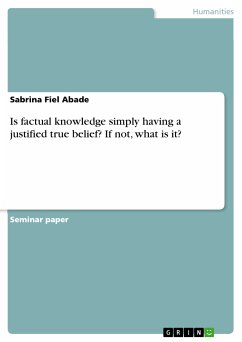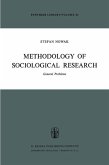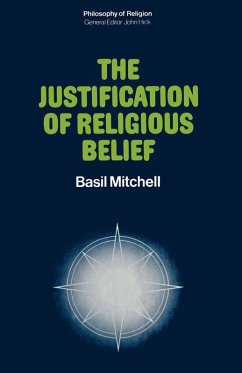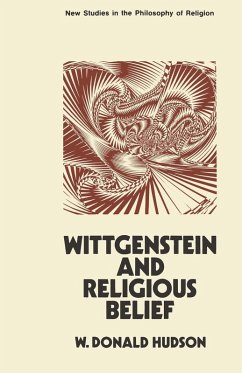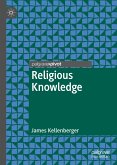Seminar paper from the year 2021 in the subject Philosophy - Miscellaneous, grade: 1.7, University of Luxembourg, course: Introduction to Philosophical Methodology, language: English, abstract: In this world there are things we know and things we do not know. But when can we say we know something? What does it take to have knowledge of something? To answer the question if justified true belief is the same as knowledge, we need to understand the tripartite analysis of knowledge. This is the classical analysis when we are talking about knowledge, which defines knowledge as justified, true, belief. Here we will get the notions of truth, belief and justification. After having defined knowledge as to be justified true belief, we will have to look at opponent's point of view, specifically at the Gettier Cases. I will analyze them and show how they are not a valid refutation of the tripartite analysis since this argumentation involves veritic luck. After having the notions of the JTB analysis and having seen an opposition to it, created by Gettier, it is necessary to analyze whether Gettier's objection is a valid one or not. Therefore, we will look at the Goldman analysis of reliabilism, which is supposed to object Gettier's objection against the JTB analysis. For the purpose of this paper, I will only focus on Gettier's first case and show how it is not valid when we take a reliabilist's point of view on this. The conclusion I aim to achieve in this paper, is to show how the JTB analysis can be refined with the help of the reliabilism and show how its definition is not refutable only through Gettier's cases.
Dieser Download kann aus rechtlichen Gründen nur mit Rechnungsadresse in A, B, BG, CY, CZ, D, DK, EW, E, FIN, F, GR, HR, H, IRL, I, LT, L, LR, M, NL, PL, P, R, S, SLO, SK ausgeliefert werden.

